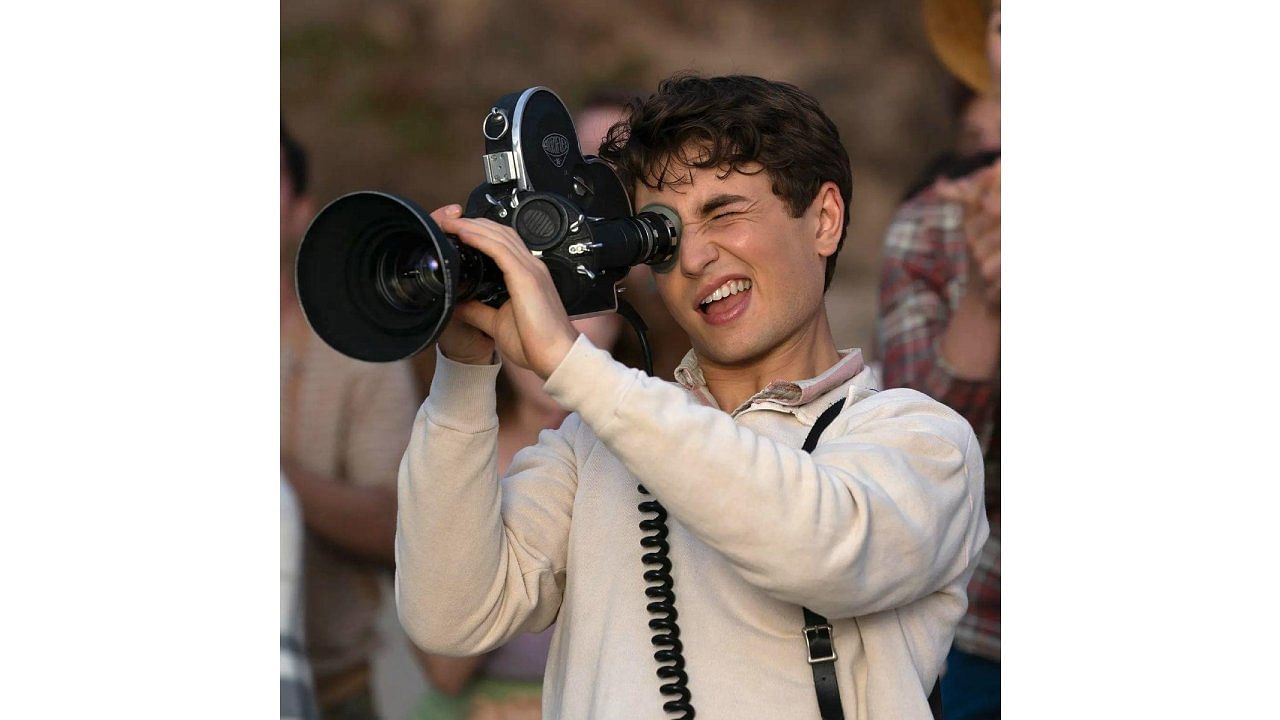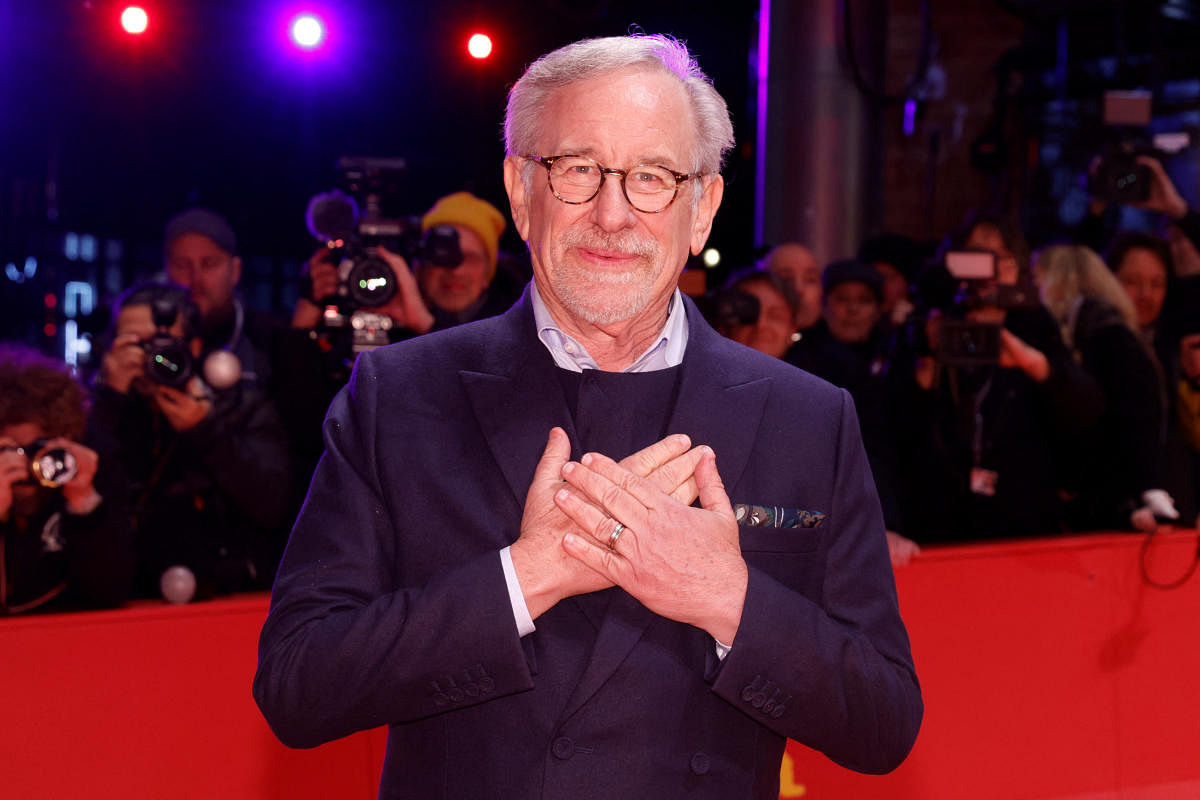

For those of us who grew up watching movies, the magic of the big screen will never fade away because its alluring qualities will keep calling us wherever we go. And for those who grew up making movies, the magic of storytelling becomes a part of their psychological makeup. In the latest semi-autobiographical feature, ‘The Fabelmans,’ Steven Spielberg goes back to his childhood to recreate the years in which he discovered the greatest treasure of the twentieth century – motion pictures.
Sammy (Gabriel LaBelle), the teenage protagonist of The Fabelmans, regularly ropes in his friends and family members to make home movies. He even learns how to make them more exciting on the editing table, as he doesn’t see filmmaking as just a hobby. This is what he lives for. And, as a result, he places it above everything else. His singular interest in his chosen field helps him to achieve the status of a minor hero. It doesn’t matter to him if the adoration arises from a small set of viewers at first. He knows that he’s got his eyes trained on larger prizes.
In the opening minutes, Spielberg totally focuses on young Sammy’s fascination with cameras. And, then, he slowly moves on to the family dynamics through conversations about engineering, religion, art, and love. Although these individual bits do not equip Sammy with the knowledge that’s required to become an expert, they alter his thinking patterns and show him the true colours of the world. And, perhaps, that’s why, in the school project that he helms, he ends up turning his bully into the centre of attraction.
By changing the equation between his bully and himself, Sammy gains control of the story he narrates and even earns a friend. Spielberg isn’t the only powerhouse filmmaker to have dug into the crevices of his own history, however. Quentin Tarantino wrote Cinema Speculation (2022), a non-fiction book about the 1970s movies that made an impression on him. And he, too, openly talked about the way he was raised and the kinds of movies and theatres he was taken to as a child by his mother. But there isn’t anybody quite like Spielberg in Hollywood at the moment. He has been delivering blockbusters for more than five decades now. Of course, there’s Martin Scorsese, as well. Nonetheless, Scorsese is mostly known for his inimitable collaborations with Robert De Niro and his penchant for making gritty crime thrillers. Not that there’s anything wrong with that. In fact, Scorsese has also made films in several genres. When it comes to Spielberg, though, he seems to be made of a different cinematic fabric.
Spielberg is not only hailed for his work on monster movies, such as Jaws (1975) and Jurassic Park (1993), but he’s also held in high regard for making Schindler’s List (1993) and The Terminal (2004). He makes epic dramas feel personal and that’s a compliment not many filmmakers can wear around their shoulders. It’s easier to achieve that sort of aesthetic when films are driven by dialogues and the chemistry between their leads – Wes Anderson and Richard Linklater do that perfectly indeed.
Even though The Fabelmans is centred on Sammy’s evolving relationship with filmmaking, you cannot look away from the complications that Spielberg sprinkles around the notion of romance. Sammy’s parents get divorced and the teenager himself gets his heart broken after his girlfriend breaks up with him. What’s the use of a coming-of-age movie if it doesn’t make its characters wrestle with their inner feelings, right?
Next month, at the 95th Academy Awards, The Fabelmans will compete against the best of the best of 2022, like The Banshees of Inisherin and Everything Everywhere All at Once among others. I can’t say for sure if Spielberg will pick up the golden statuette for Best Picture, but I can certainly say that his magical abilities haven’t diminished with time.